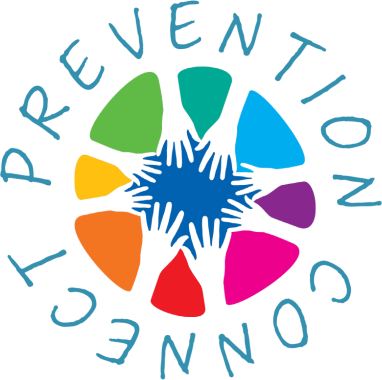
Make no mistake about it — addiction is a disease. When you abuse drugs or alcohol, it causes your brain to release an essential neurochemical called dopamine. Dopamine is involved in various neural processes, but when we talk about addiction, we are talking about the role dopamine plays in our feelings of pleasure and motivation. When an addict takes a hit of his substance of choice, the brain sends out a surge of dopamine. Over time, the addict starts compulsively using their substance in the pursuit of pleasure and the avoidance of discomfort. Eventually, the addict’s body believes it needs the substance of choice in order to feel “normal,” and the addict completely loses control of their use.
According to a surgeon general’s report on addiction:
- One in seven Americans will experience a substance abuse problem in their lifetime.
- Twenty million Americans are currently struggling with a substance abuse disorder.
- Seventy-eight people die from an overdose every day.
- Only 10 percent of people with addictions ever receive help.
Seeking Support for Addiction
While religious recovery methods like AA work for many people, most addicts can benefit from a holistic treatment plan where the 12 steps program is just one part of their recovery. Holistic treatment isn’t the same as alternative medicine, though it’s quite possible to integrate alternative medicine into addiction recovery. Rather, a holistic treatment plan addresses every part of the person: physical, mental, emotional, social, and spiritual. To address each of these parts, it may take several different treatment options — traditional and non-traditional alike.
For instance, many addicts have to deal with co-occurring mental health disorders that AA and NA do not address. It’s actually pretty common for people suffering from disorders like depression to turn to drugs and alcohol as a means of self-medication, and from that behavior, their addiction develops. A holistic recovery approach may involve psychiatric therapy and medication — typical treatments used in Western medicine — as a way to address the mental and physical problems beneath the addiction.
Creating a Healthy Routine for Sobriety
A healthy routine helps those struggling with addiction structure their lives in a way where they can avoid temptation. Routines fill the day with healthy activities, leaving little room to fall back into bad habits. Knowing what the day holds also helps addicts avoid feelings of anxiety, which can lead to self-medication through drug or alcohol abuse.
Activities that can help create a routine and maintain sobriety include:
- Exercising
- Meditating
- Picking up a hobby
- Taking an adult education class
- Starting a side hustle
- Praying
- Spending time with a pet
- Making one’s own healthy meals
- Journaling
- Getting a full night’s sleep
Helping a Loved One with Substance Abuse
If you fear your loved one is struggling with addiction, you likely feel a strong urge to help them. While your intentions may be pure, you need to avoid enabling their behavior, such as lying to protect them or ignoring their behavior. People also enable their loved ones by covering their expenses when they waste their funds on their substance of choice. Or, they may put their own needs aside to help when the addict is so self-destructive they can no longer help themselves.
The best thing you can do for a loved one struggling with addiction is to help them get into treatment. It’s natural for the addict to resist — think of their addiction as a nasty monster living inside them that will do anything to survive. Going to treatment will subdue that monster, so it’s fighting back to avoid consequence. However, proper holistic treatment can mean the difference in your loved one being alive or dead.
Addiction is a disease that changes the way a person’s brain operates. To treat addiction, it’s best to find ways to support the mind, body, and soul in a holistic manner. If you are afraid a loved one is suffering from addiction, take notice of your enabling behaviors and drop them in favor of recovery support.
Photo from Pexels


